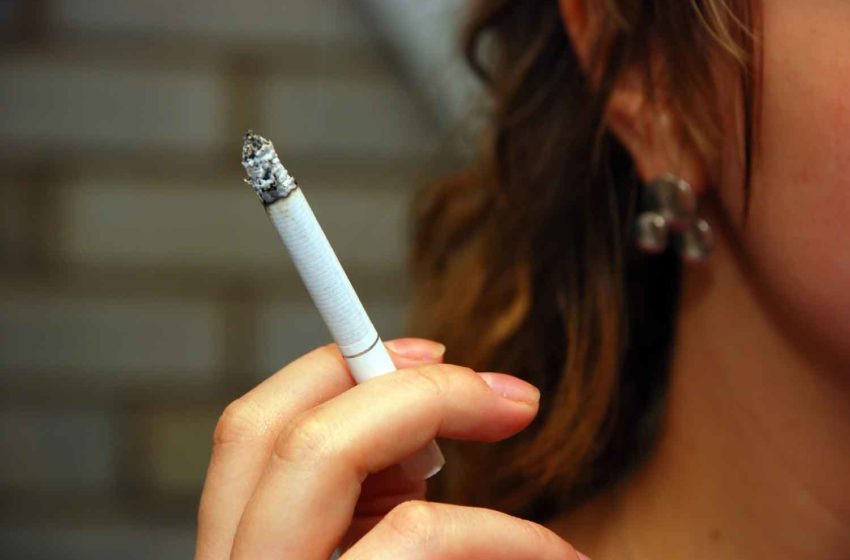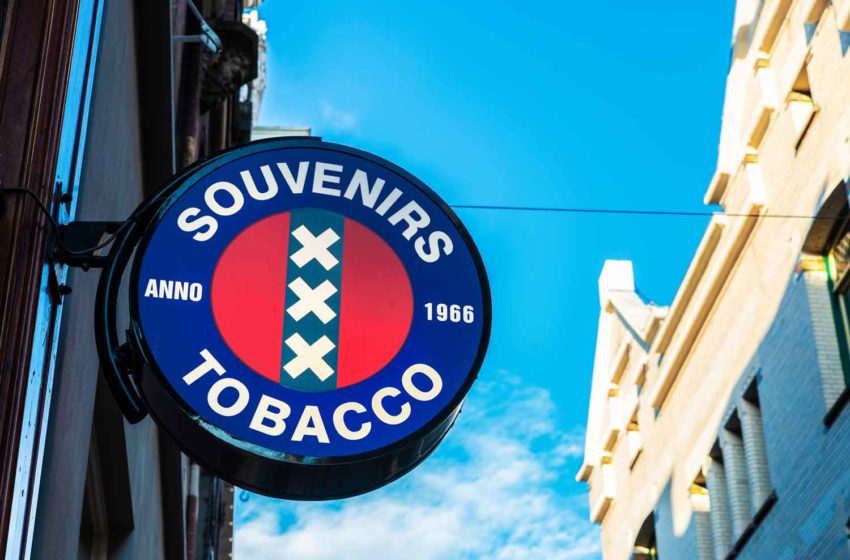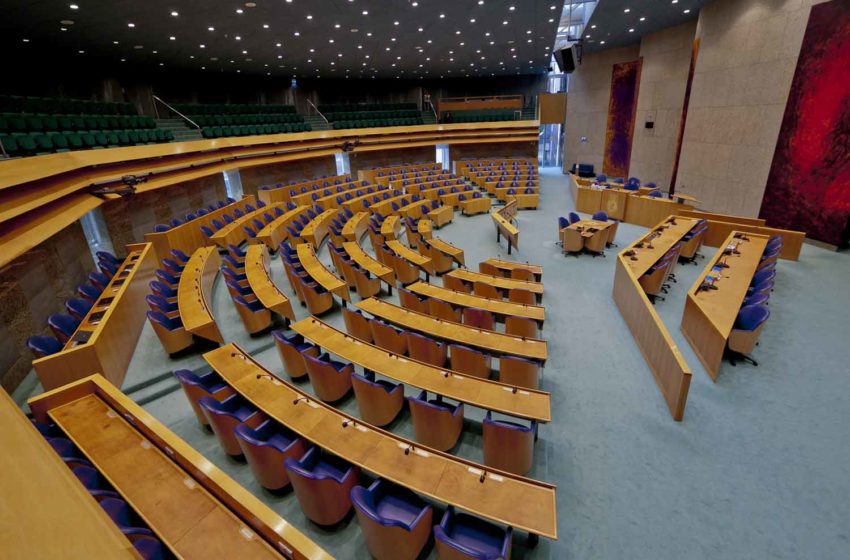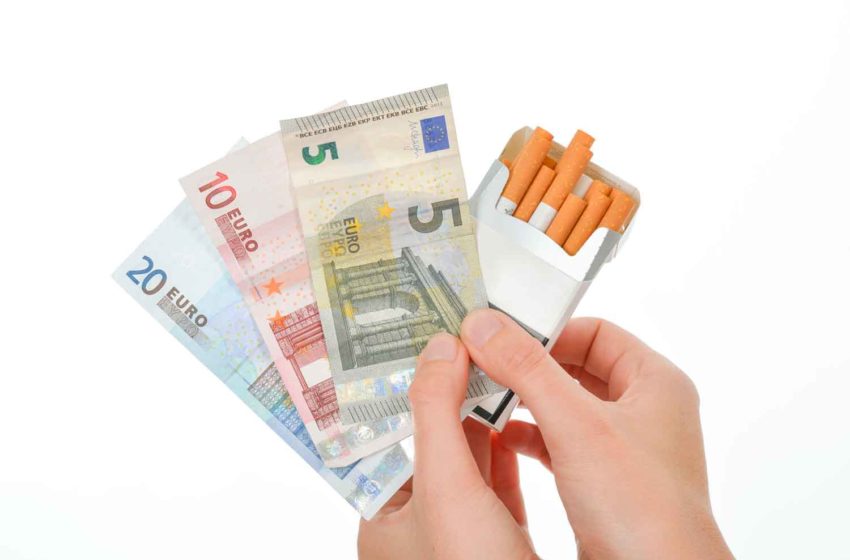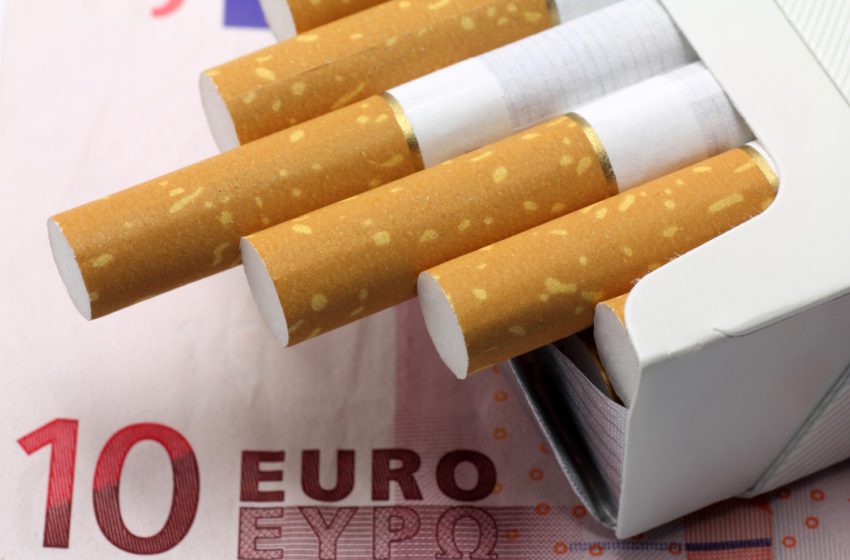The new rules will also prohibit the use of tobacco-free nicotine products in no-smoking areas.Read More
Tags :Netherlands
Darker colored sticks suggest more damage to health, says researchers.Read More
The ban was announced in 2020 and also affects packaging and naming rules.Read More
Supermarkets must stop selling tobacco in 2024.Read More
A court says the products likely break EU emission limits. Read More
The measure is neither proportional nor necessary, the trade group insists.Read More
Activists are urging vapers to weigh in.Read More
Research suggests financial disincentives work only when prices are raised significantly. Read More
Dutch survey suggests some smokers would quit only at a price of €60 per pack.Read More
Antismoking groups urge a crackdown on new ‘tobacco’ products before COP9. Read More

